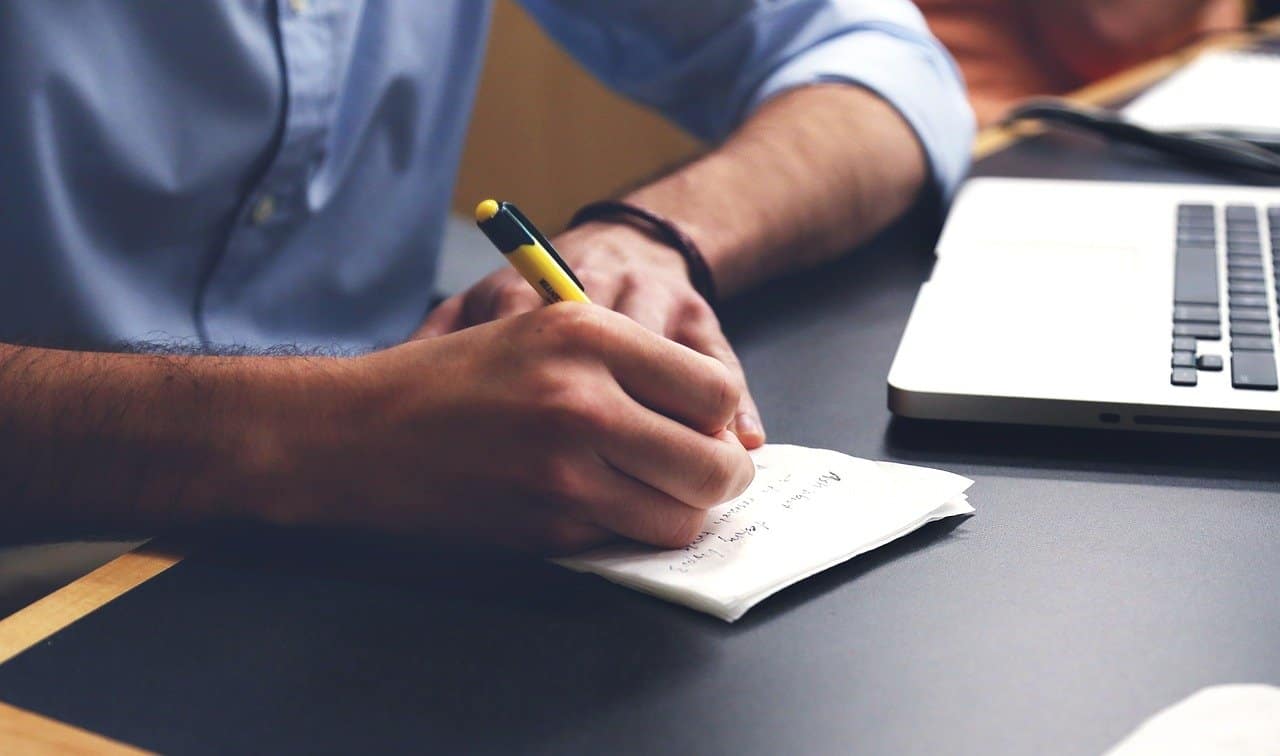Collaborative Post
When it comes to our finances, many of us are left scratching our heads. We work hard to pay the bills, and we’re seemingly in control of our spending, yet we still struggle to save, to reach our financial goals and the threat of financial difficulties and debt are always looming.
Becoming financially secure doesn’t always mean having copious amounts of capital or even a healthy bank balance full of money that’s available to spend on anything you want. Financial security means, having enough money to fund your lifestyle and save towards your financial goals. No two financial situations are the same, yet there are steps we can all take to improve our financial standing and make ourselves feel more secure.
Read on for some effective ways you can improve your financial security from today.
Invest in Your Future
Have you ever considered taking out an ISA? A stocks & shares ISA is the ideal platform to earn money through investments and capital growth made through your ISA. You’ll be able to manage your account 24/7 and have no capital gains tax or income tax to pay on your money as it grows. If you change your mind and want to access your money instead, you can do so without facing charges or penalties, it really is that simple. A stocks and shares ISA is a simple, effortless way to invest your money and remain in control of your investments. Click the link to find out more.
Make your Savings Automatic
If you’re putting a little money away each month for something like travel, why not up your contributions by making your savings automatic and scheduling them to be done at the start of the month. By making your savings automatic through a banking app, you won’t forget, or be tempted to spend your money elsewhere. Doing this at the beginning of the month means you’ll be saving a substantial and consistent amount, rather than whatever is left in your account at the end of each month.
Set up an Emergency Fund
We should all be putting money away for our futures, but very few of us have an emergency or rainy-day funds at our disposal. Separate from your savings accounts, you should be adding to your emergency fund every month. It’s this money that will get you out of any financial predicament or unexpected expense, such as car repairs, a replacement home appliance or if you suddenly become unemployed. An emergency fund should work as a safety net to stop you from falling into debt.
And finally, understand and take back control of your debts
Everyone has debts, whether it’s bank loans, store cards, credit cards, utility debt or something else. When these debts go ignored or they’re not managed correctly, fines, late payments and additional fees can quickly spiral out of control. Don’t leave your head in the sand any longer, figure out who you owe money to, reach out to them to set up a payment plan or ask for help from a debt advice service. Having a better understanding of your debts and taking back control will give you better financial stability and help you get on with your life.







